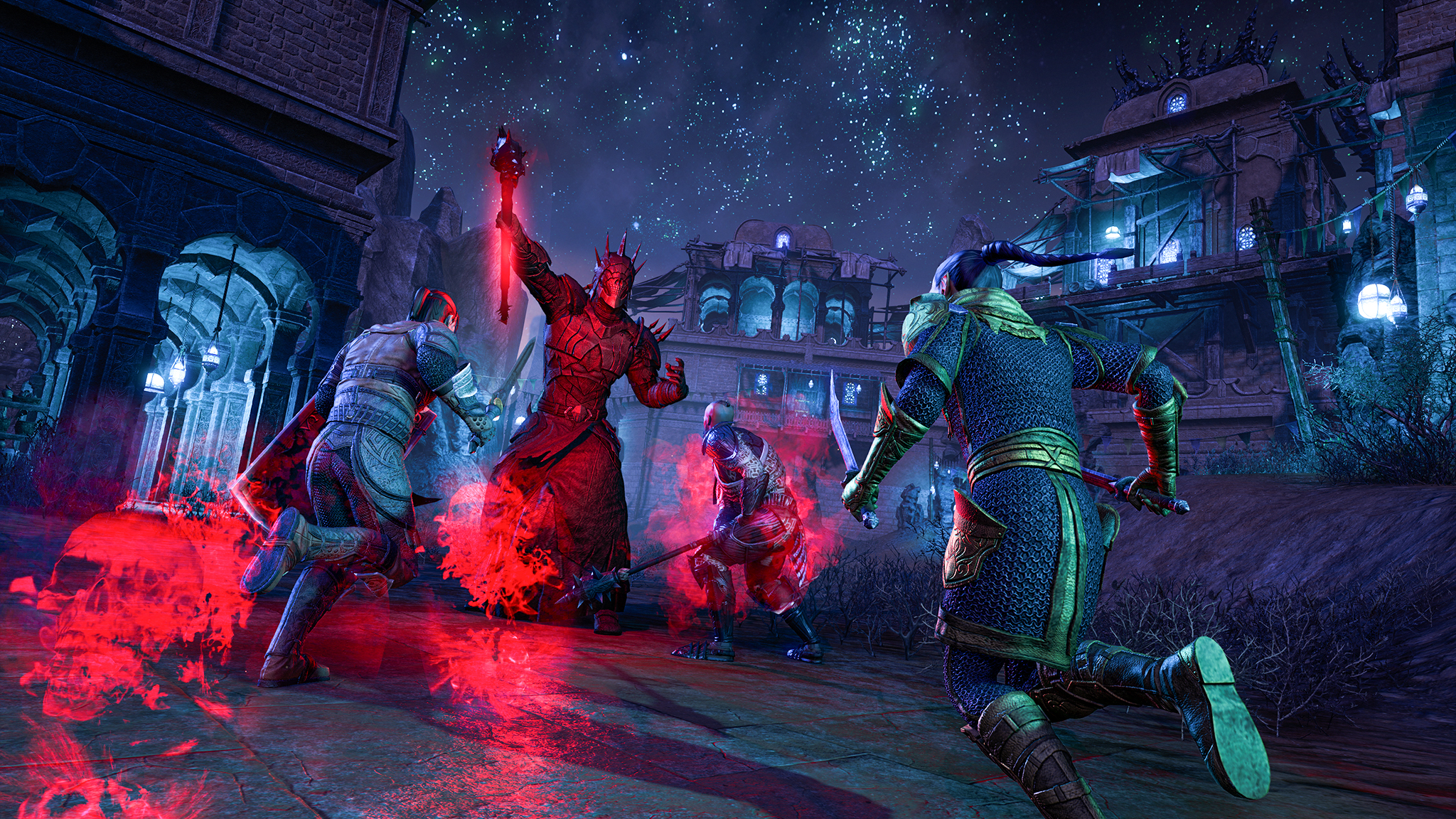Best PLA for everyday 3D printing
You can buy many PLAs these days, but what's the best daily driver?
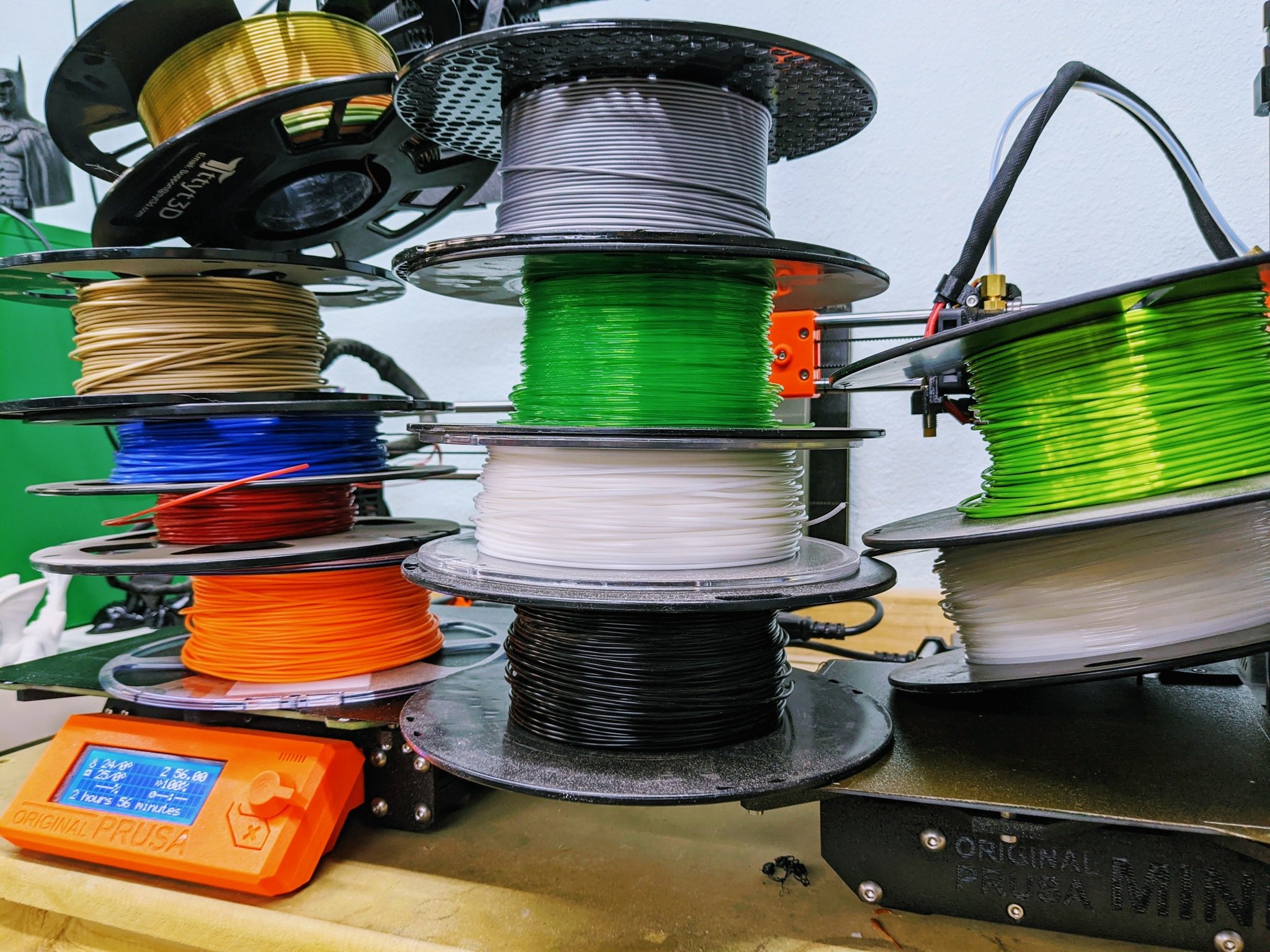
1. At a glance
2. Best overall
3. Best for durability
4. Best for Bambu Labs printers
5. Best for flexible prints
6. Best premium
7. Best budget
PLA, or Polylactic Acid, is a biopolymer used in FFF (Fused Filament Fabrication) 3D Printing amongst other things, and the reason it is used so often is for two main reasons. One is that it is quite inexpensive for the base resin, and two is that it is incredibly easy to print with compared to other thermoplastics used in 3D printing.
While plain PLA can be printed incredibly easy and gives you a stiff, weighty part, that might not always be what you are looking for, so companies can modify the plastic for other uses. You can buy PLA+ filaments that are a little less stiff but are therefore more impact resistant, you can get matte filaments, stone or metal-filled filament even ones that glow in the dark or have carbon fiber in them, and we're looking at a few of our favorites here.
At a glance
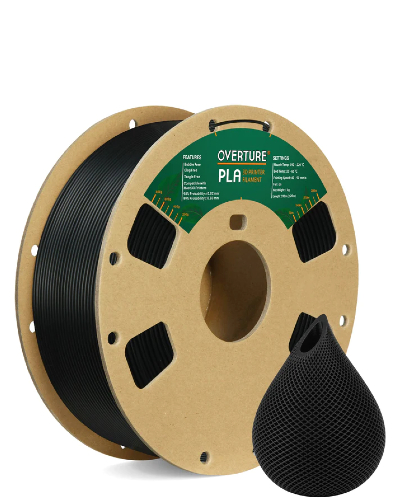
Best overall
I have trusted Overture PLA for my everyday printing for a few years now. The 1.75mm dimension consistency and even melt have been key reasons I keep it in my rotation. Then, combined with its affordable price and wide range of colors, it will remain a staple for my printing needs.
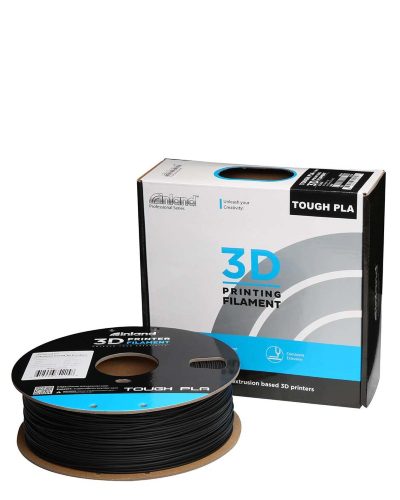
Best for durability
When looking for an inexpensive option to print parts that don't need to be uber-tough but need to be a bit more durable than typical PLA offers, this option from Micro Center is a great one. In addition to a variety of colors, this Inland Tough PLA's prints just like standard PLA but with more impact resistance.
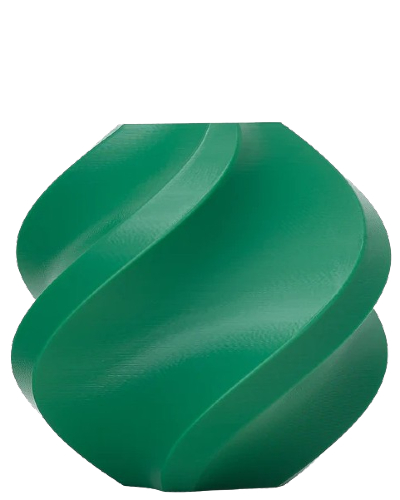
Best for Bambu Labs printers
Bambu Labs has been one of the hottest names in 3D printing over the past couple of years, thanks to its ease of use and the accessibility it has brought to multi-color printing at home. Its in-house filament works well with all printers, but it's seemingly magical the RFID-tagged spools make it a breeze when using the AMS for your printer.
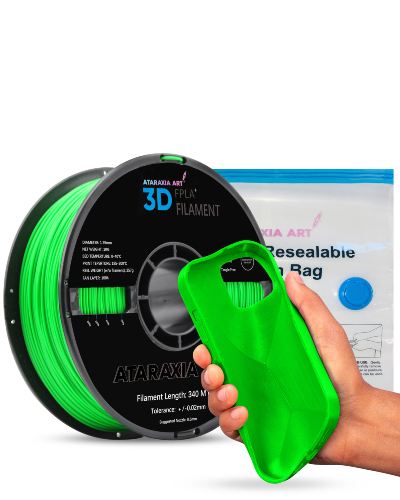
Best for flexible prints
Typically, if you need flexibility in your prints, you want TPU, but ATARAXIA Art has brought PLA printability in a TPU-like form. With a prism-like array of colors, you can bring durability and flexibility to your 3D prints at home without needing any special printer hardware or breaking the bank.
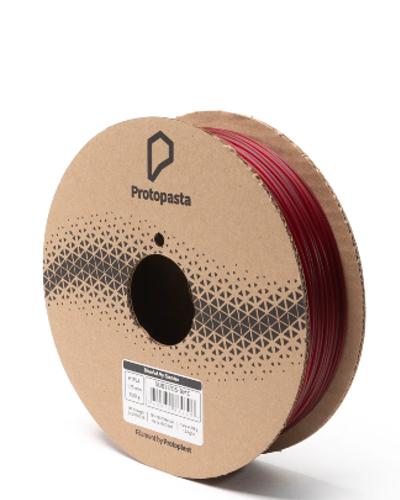
Best premium
Premium PLA doesn't have to cost an arm and a leg to use, but it does cost a bit more than the basic stuff. Protopasta makes some unique PLA filaments that can take your prints to the next level. The HTPLA offers PETG-like durability but with PLA-like printability for easier printing.
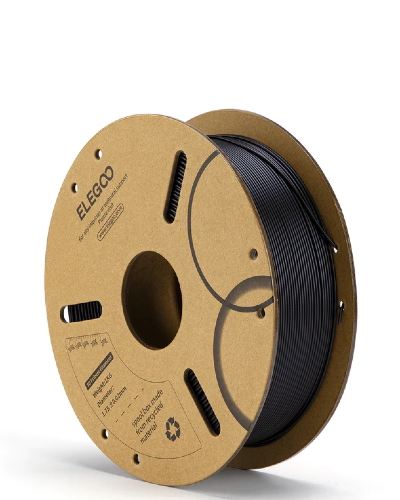
Best budget
When I know that I have a large print that I need to do or a whole lot of a certain design, I will often times go with Elegoo PLA. The low cost combined with a wide variety of colors to pick from makes it the perfect way to do some test prints of a new design or to crank out loads of a print without emptying my wallet.
Best overall
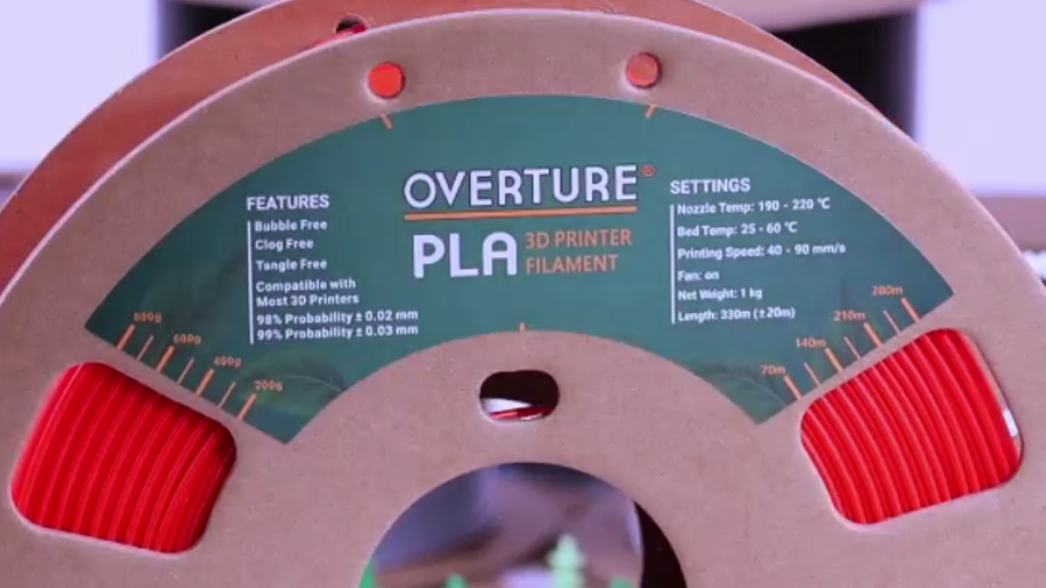
1. Overture PLA
Reasons to buy
Reasons to avoid
The best everyday PLA needs to be something that is consistent batch to batch, relatively inexpensive, and is available in a wide array of colors for whatever you need to print, and I cannot think of a better material that embodies this than Overture PLA. At around $24 a kilogram for their standard colors, which are regularly on sale, and just a few dollars more for their shiny silk PLA or glow-in-the-dark varieties.
Overture generally takes great care in quality control, with consistent 1.75mm dimensions. However, I have had a roll here and there that didn't get wound properly, so it needed some untangling mid-print. But for all the spools of Overture PLA I've gone through, it isn't common to have this issue.
I've relied on Overture for a range of filament types, from its high-speed TPU to PETG, due to the affordable pricing and consistent printability. If you want a go-to PLA that you can rely on that won't break the bank, I would go with Overture.
Best for durability
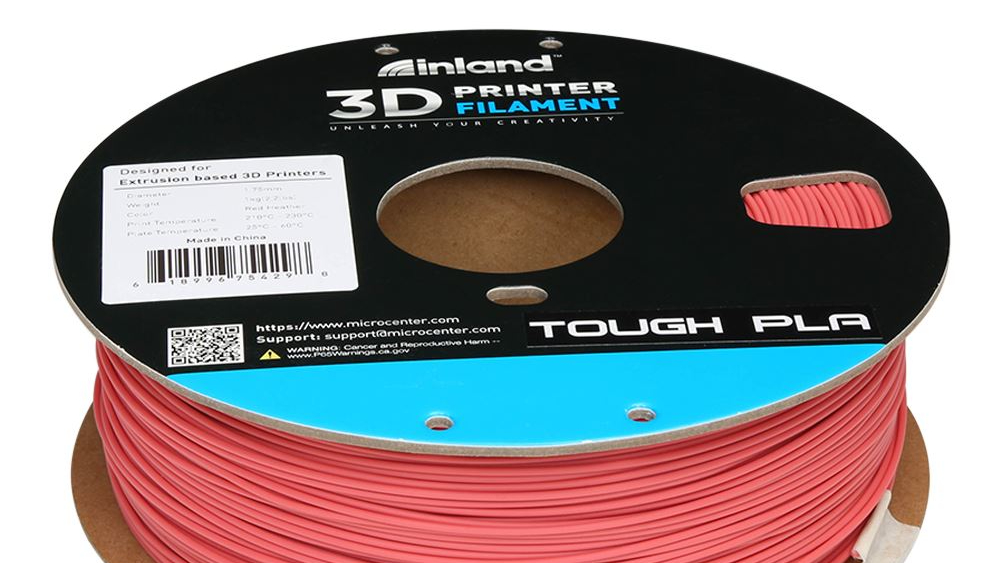
2. Micro Center Inland Tough PLA Filament
Reasons to buy
Reasons to avoid
Micro Center is known around the tech community as a place to pick up anything you need for your computer or office setups. But it is quickly becoming a favorite for 3D printing fans for its printer and filament availability. The in-house brand of Inland offers a great option for durable printing with its Tough PLA.
It's a modified PLA that has been designed to take PLA to the next level and effectively act like ABS in many ways. Whilst you don't get the heat resistance or chemical welding abilities of ABS, you do get the ability to drill and tap 3D printed parts. They're more ductile than standard PLA and closer to ABS, which means a drop is less likely to end in a cracked or damaged part.
Being able to print parts like you would normally with typical PLA but with added durability is really helpful for functional prints. Thanks to the ease of print and the affordable cost, this Micro Center Inland Tough PLA is a must to keep on hand.
Best for Babmu Labs printers
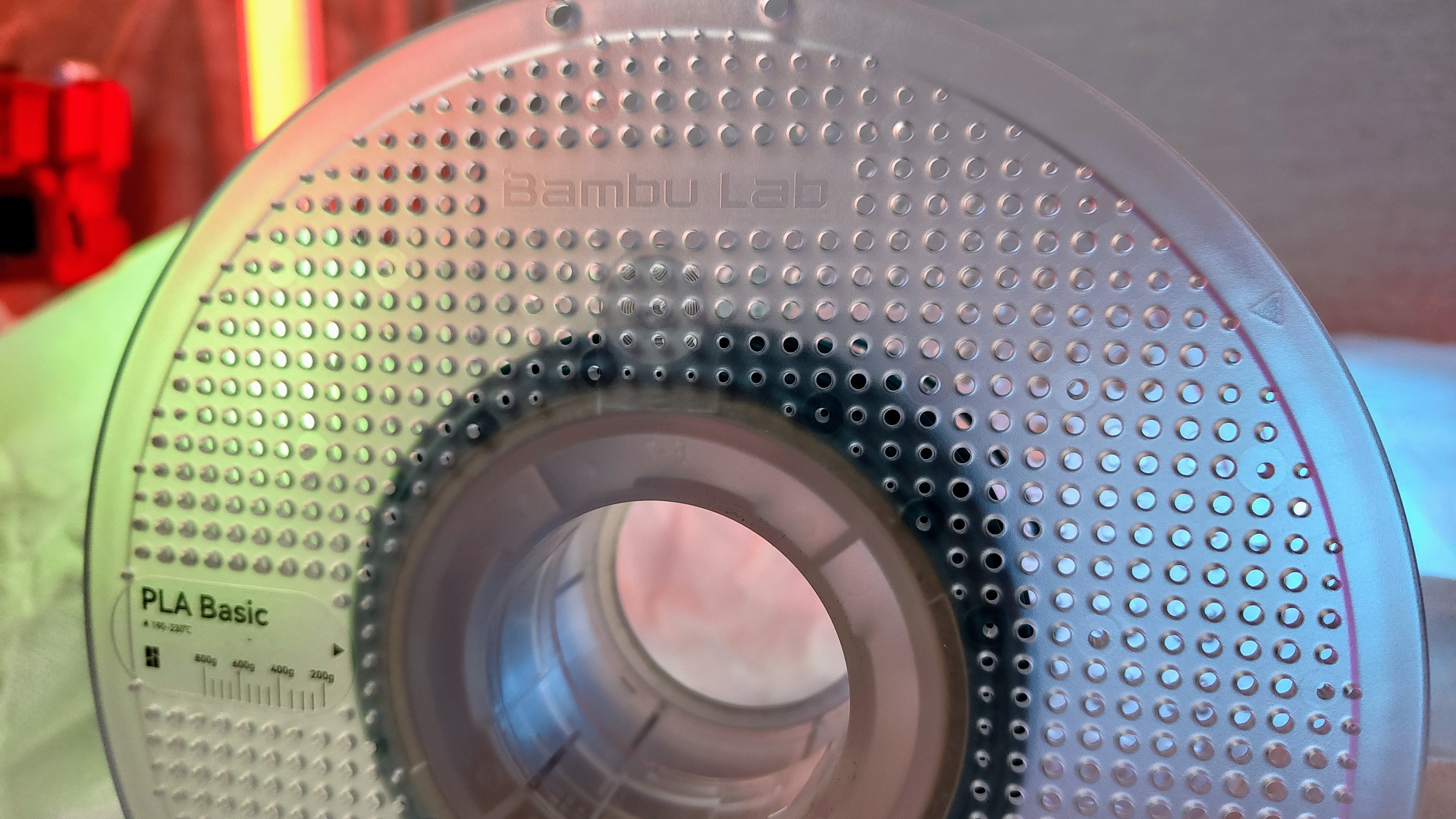
3. Bambu Labs Basic PLA
Reasons to buy
Reasons to avoid
Value means a lot of different things for different people; for some, it is the cheapest item possible, and for others, it is the best mix of price, performance, and availability. While Babmu Labs has become an excellent choice for enthusiasts and beginners alike, its filaments aren't quite as widespread as other brands. But if you own a Bambu Labs printer, especially one with the multicolor AMS add-on, going in-house for your PLA is a smart move.
Bambu Lab offers a lot of different filament types, even within the PLA category. While the materials aren't overly special, the consistency in spooling and dimensions are some of the reasons to go with the branded PLA. But the RFID-tagged spools allow the AMS attachment to auto-read the filament, so you don't have to manually input that info into the Babmu Lab Slicer.
You can pick up the filament by the roll for a typical price of $28, or $17 if you happen to have a Bambu Lab membership. Another way to save some money through Bambu Lab is with refills. With this, you'll get filament that you'll put onto your existing spool in order to save money and reduce waste.
Best for flexible prints
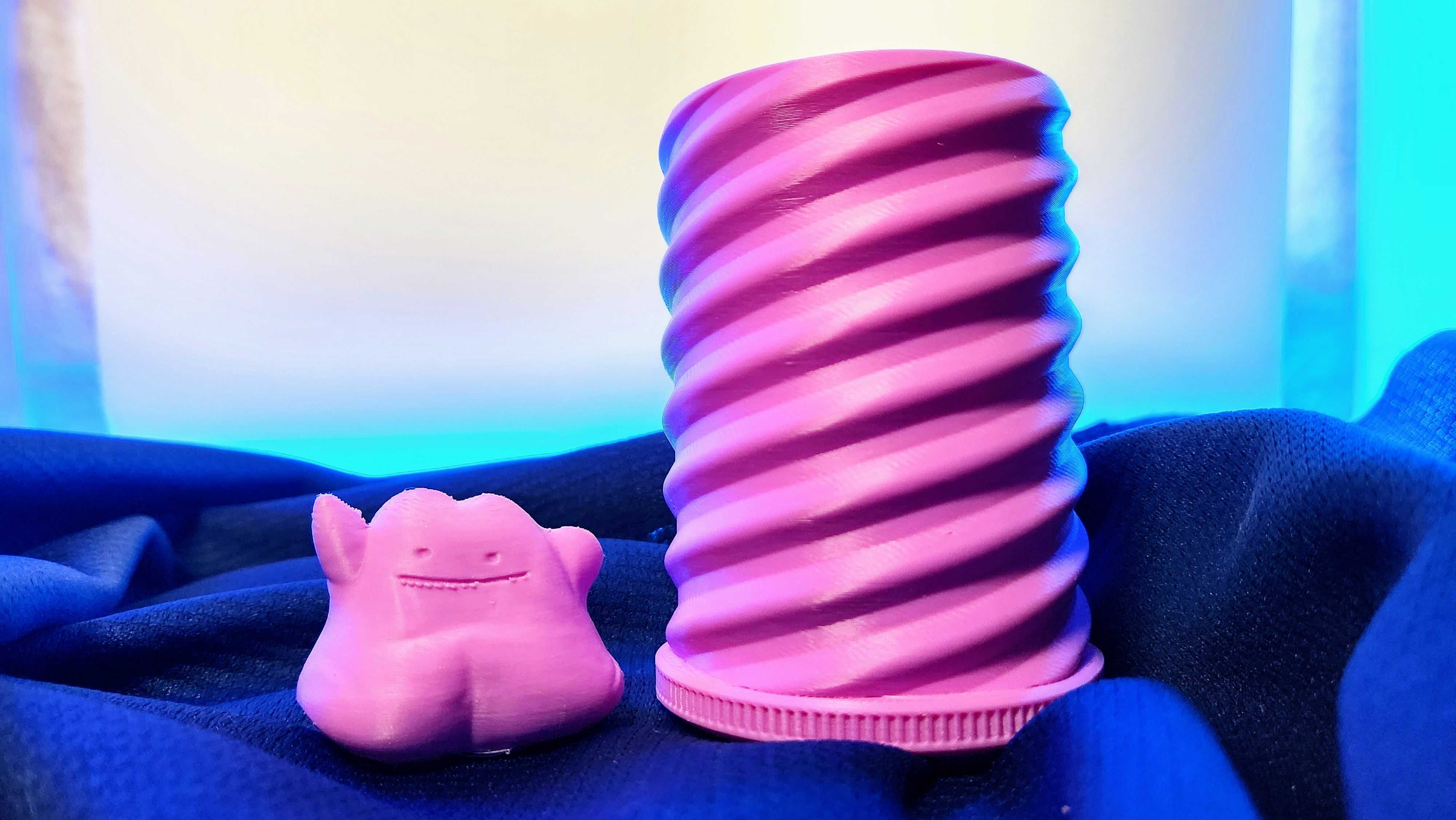
4. ATARAXIA ART Flexible PLA+
Reasons to buy
Reasons to avoid
Flexibility isn't really what you think of when you initially think of PLA, in fact, it is one of the stiffest printing materials outside of carbon fibre-filled materials, but maybe you can't print TPU (Thermoplastic Polyurethane) on your printer, but you want something with a bit of give, that's where Flexible PLA comes in, and nothing does it better than Ataraxia Art's PLA+
Flexibility is measured on the Shore scale, either Shore A or Shore D, they aren't directly comparable but they both go by the rule "the higher the number the stiffer it is" therefore a 95A TPU is much stiffer than a 60A TPU, and the softer it is the harder it is to print, imagine trying to push wet spaghetti through a straw that's only a little bit bigger than the spaghetti, it's very difficult.
So what if I told you that Ataraxia Art's patented PLA+ is 89A, softer than most standard TPUs, and EASIER, to print. the rule of thumb for printing with flexible is that you turn the speeds really far down, up until a few years ago, printing TPU above 25mm/s was unheard of, you were a crazy person. But Ataraxia Art's Flexible PLA+ is able to be easily printed at up to 90mm/s, I've printed parts using it at 80mm/s on my Flashforge Adventurer 4, and it came out a dream, in fact, the images here are printed on the Adventurer 4.
Whether it be phone cases, impact absorbers for doors, rubber feet for your furniture or heck, maybe you just want to try a 3D Printed wallet out, Ataraxia Art's Flexible PLA+ is so newbie friendly, it offsets the higher cost, with 12 colors, you're likely to find something that is your taste as well.
Best premium
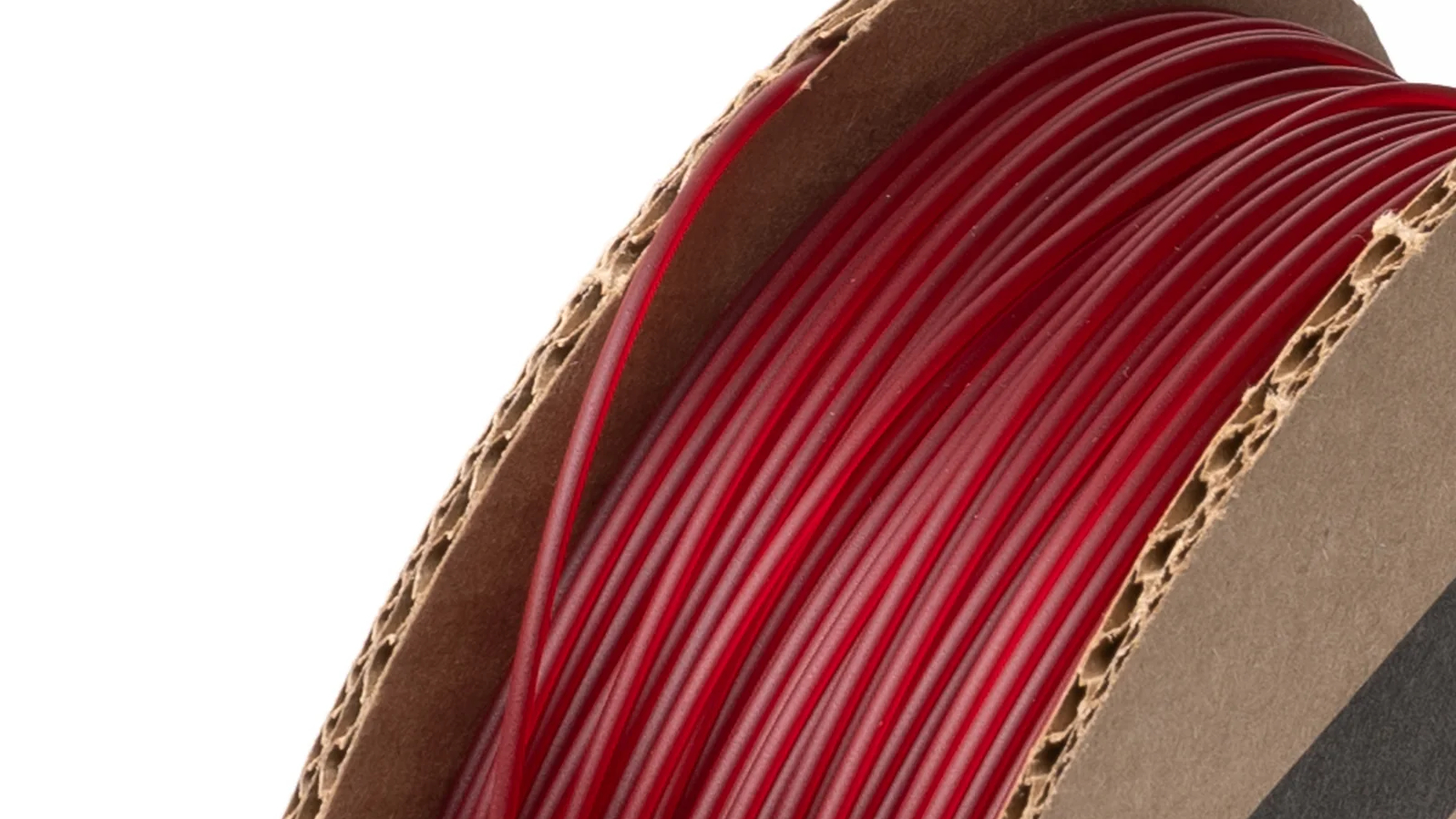
5. Protopasta 3D PLA Filament
Reasons to buy
Reasons to avoid
Protopasta makes some of the best and most unique filaments on the market. From the meticulous quality control to the variety of printable materials within a category, in this case, PLA, it is hard not to look at the brand when you are ready to produce that final print.
This HTPLA brings added functionality to your typical PLA printed pieces thanks to the ability to heat treat your print by slowly bringing the final piece's temp up via something like your oven at home. This anneals the material to enhance its durability.
This one-of-a-kind Amie's Blood of My Enemies Translucent Red HTPLA is one of my favorites. The deep red would be enough of a win in my books to buy it, but the carbon fiber included in the material helps to create a beautiful matte finish. But additives like carbon fiber can wear out softer print nozzles, so keep that in mind.
Best budget
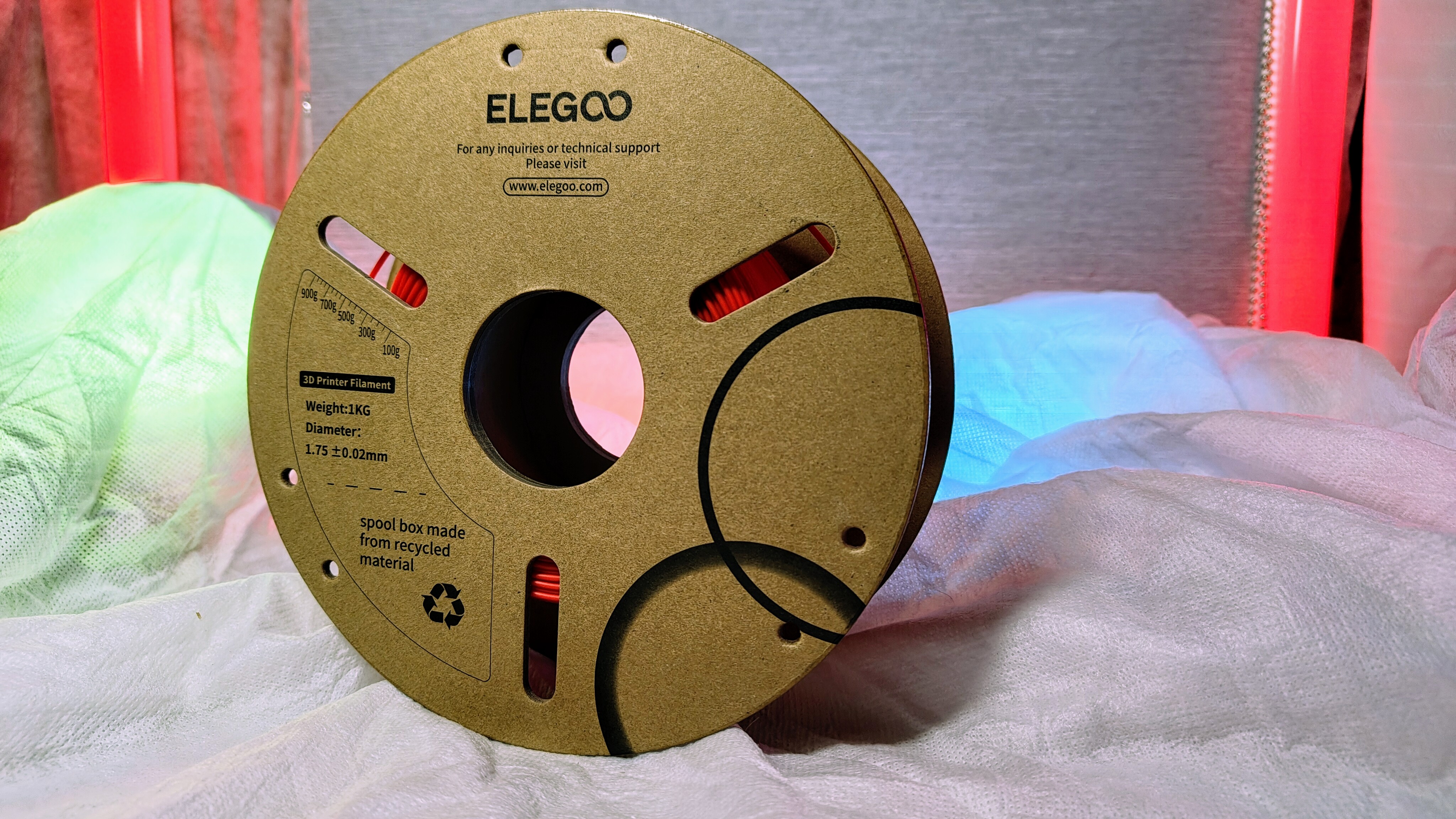
6. Elegoo PLA
Reasons to buy
Reasons to avoid
When it comes to a basic PLA to do loads of prints while keeping money in your pocket, Elegoo is a fantastic choice. I've used this filament nearly as much as I've used Overture. I like the Elegoo PLA for the consistently affordable price, it's easy to find, and the good range of color options.
It is a good quality filament that is perfect for working out the bugs in a new design, so you won't be wasting high-dollar PLA, but it also isn't a bad option for prints that you will end up using either. Part of what keeps it from being a more consistent option for extending printing projects is the spooling. I tend to have tangles in my spools, about 25% of the rolls I purchase. But at the price and what I need it for, it is an annoyance I'll put up with.
Bottom line
Why you can trust Windows Central
So, for me, the bottom line is that for most people, for most things, picking up some Overture PLA is the best thing you can do. It is a great mix of low-cost, high-quality filament with good consistency, so you can rely on that if you were to buy 5 rolls, the colors will match between them, something I have experienced not being the case with other manufacturers with more expensive filament.
Overture offers a great selection of colors to pick from in its PLA catalog. But you can also hop into more "exotic" styles of PLA like silk and dual color to have a bit more variety, with the same consistency.
Micro Center's Inland Tough PLA is a great choice for low-cost PLA to make more durable prints. Then, when you need your print to have a bit more flexibility, you'll want to check out ATARAXIA Art's Flexible PLA. Should you want to get a little fancy and spend a few more bucks on a PLA that will give you that wow factor, you'll be well served with Protopasta.
All the latest news, reviews, and guides for Windows and Xbox diehards.
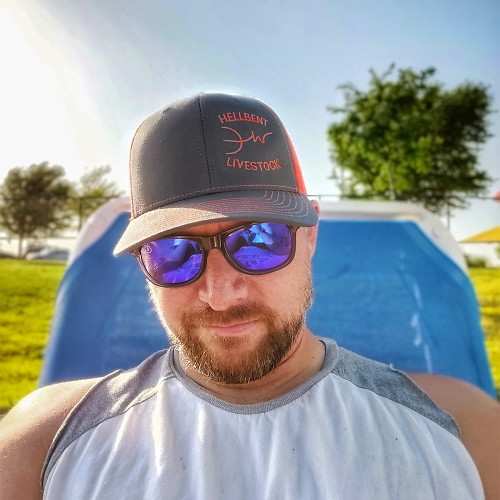
Chris Wedel is a Former Contributor for Windows Central and a fan of all things tech and gadgets. Living in rural Kansas with his wife and two young boys makes finding ways to get and stay online tricky. By utilizing his years of experience with the tech and mobile communications industries — success is assured. When not conquering connectivity challenges and testing new gadgets, he enjoys cruising a gravel road in his UTV with some good tunes.
